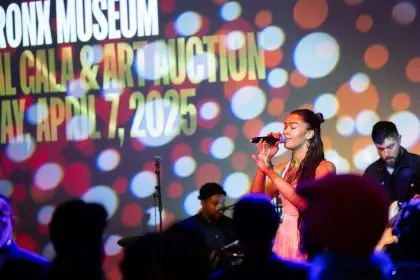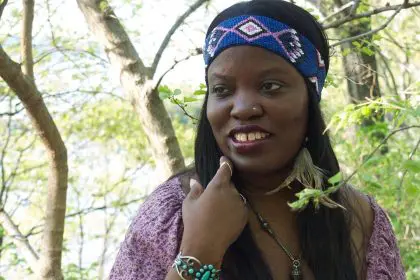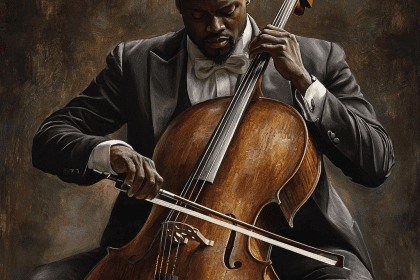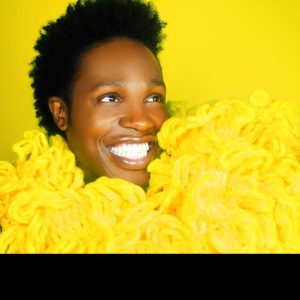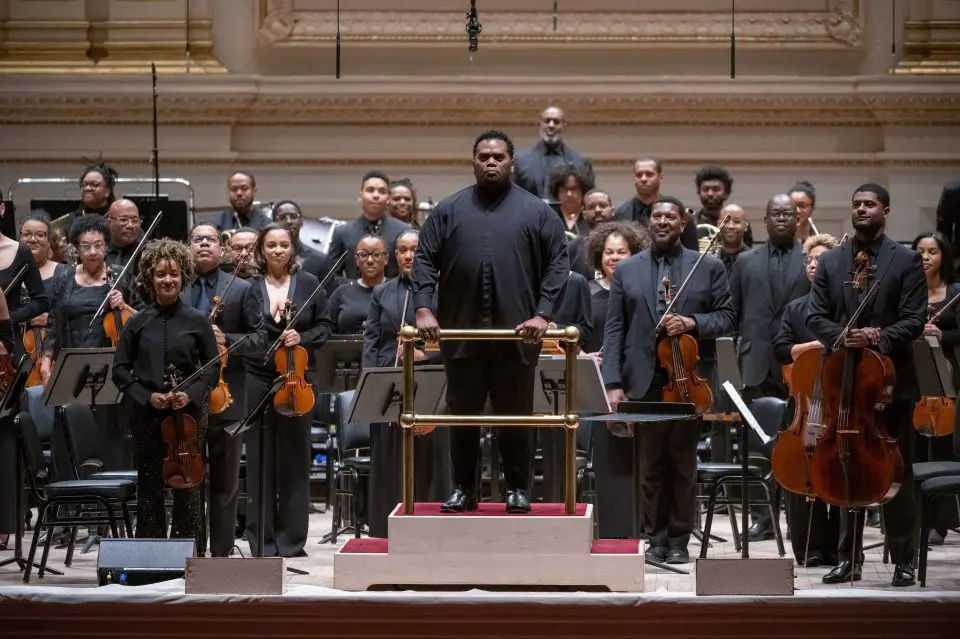
It took more than 90 years for William Levi Dawson’s Negro Folk Symphony to be performed again on the Carnegie Hall stage, where it debuted in 1934. But at the April 27 concluding event for the Gateways Music Festival (GMF), Dawson’s legendary composition once again filled the hallowed concert hall. It was a symbolic and powerful way to conclude the weeklong festival which was founded in 1993 to celebrate Black classical artistry. Alex Laing, GMF’s president and artistic director, shared with rolling out the connection between Negro spirituals and classical music, his thoughts on the state of the genre, and how the festival is creating space for the amplification of Black classical musicians.
This year you’ve curated a program with a social focus on Negro spirituals. In light of current events, how have these spirituals taken on a renewed sense of significance?
Negro spirituals have always carried more than melody — they carry memory, resistance, faith, and messages of survival. They’re born out of a people’s need to hold on to their humanity in the face of dehumanization, and they remain deeply resonant. At Gateways, performing this music isn’t just about heritage — it’s about presence. Thanks to artists who’ve come before us — like the Fisk Jubilee Singers, Harry Burleigh, Roland Hayes, Leontyne Price, Marian Anderson, Kathleen Battle, and Jessye Norman — these songs are part of our classical tradition. So when we share this work on stages like Kodak Hall or Carnegie Hall, we’re not just looking back. We’re making a statement about who we are — and where we’re headed.
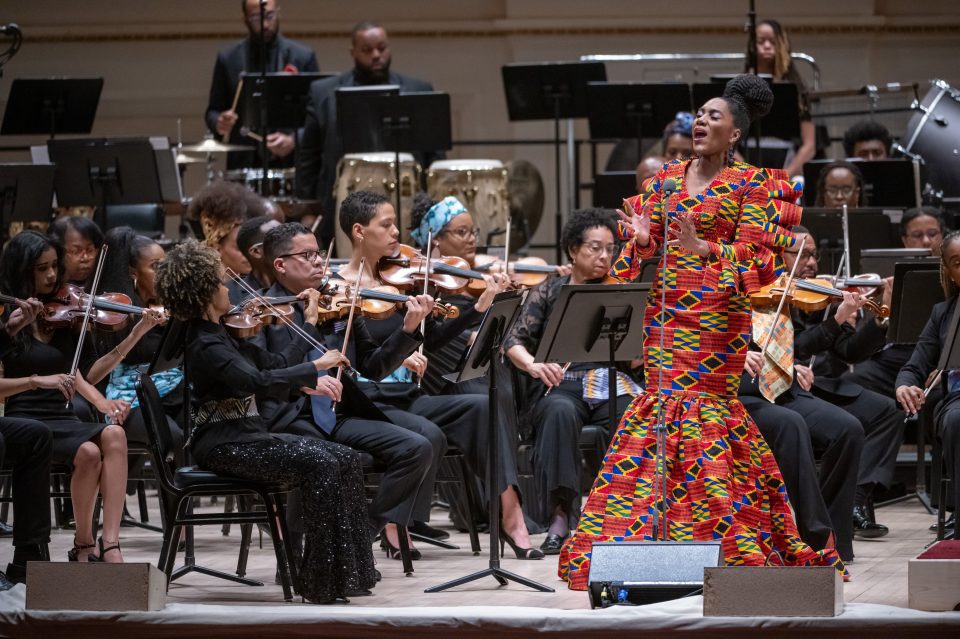
In this 2024 essay it was stated, “More than 30 years later, many of the issues Black classical musicians face — inequitable audition and tenure processes, the absence of organization-wide diversity training in orchestras and limited grievance processes — remain prevalent across the nation.” If you agree with this statement, what do you think are some of the ways to address these challenges? Are there other challenges you wish to bring light to?
Yes, I agree that many of these challenges remain. But these aren’t just problems for Black classical musicians — they’re problems for classical music itself. By keeping Black people and culture at arm’s length, the field has made itself poorer: artistically, spiritually, and today, economically. Gateways exists because of that exclusion — and in response to it. We haven’t been waiting for institutions to change. With our supporters, we’ve been building a home where Black classical artistry isn’t marginalized or tokenized — it’s centered, celebrated, and rooted in tradition. Against the backdrop of classical music — and with the lived experience of being Black in this field — our coming together, the rarity and the joy of it, becomes part of what makes our art distinct. It’s what makes it special, not just for us as artists, but for the audiences of all backgrounds who gather with us.
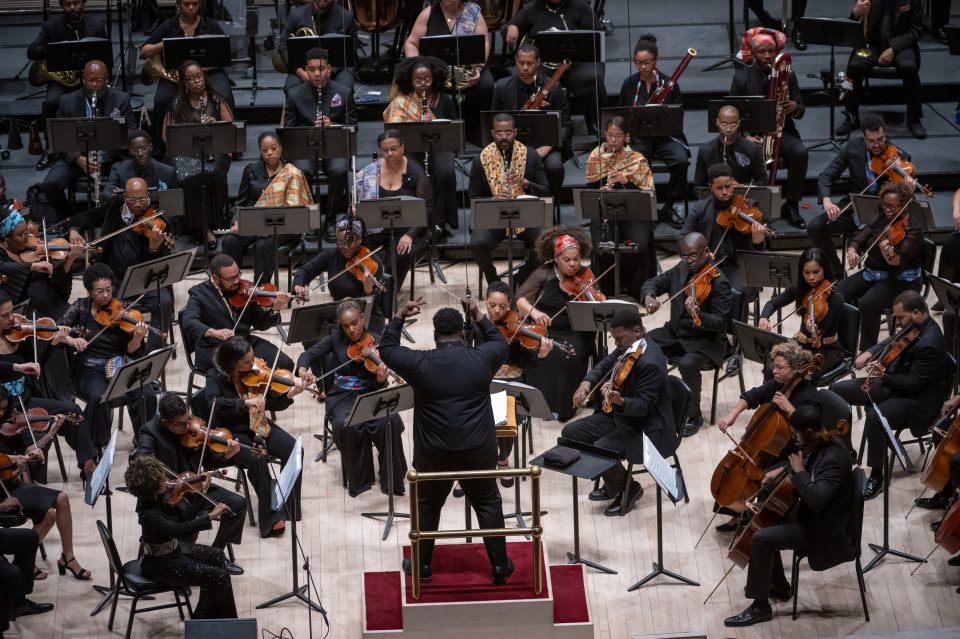
Since the Gateways Music Festival launched how have you measured and what progress have you seen regarding the state of Black classical musicians?
I think if you’re asking about widespread growth — in leadership, in repertory, in who feels a true sense of belonging, who’s in the hall, on the stage, and in the audience — there’s still work ahead. But when Gateways launched, Black classical artistry was already alive — rooted in HBCUs, community institutions, and generations of musicians who created spaces where none were offered. That tradition was never absent. It was simply too often unseen. Gateways joined that lineage. And over time, we’ve built a platform where Black classical excellence doesn’t have to fight for space — it is the space.
This interview has been edited and condensed for clarity.

